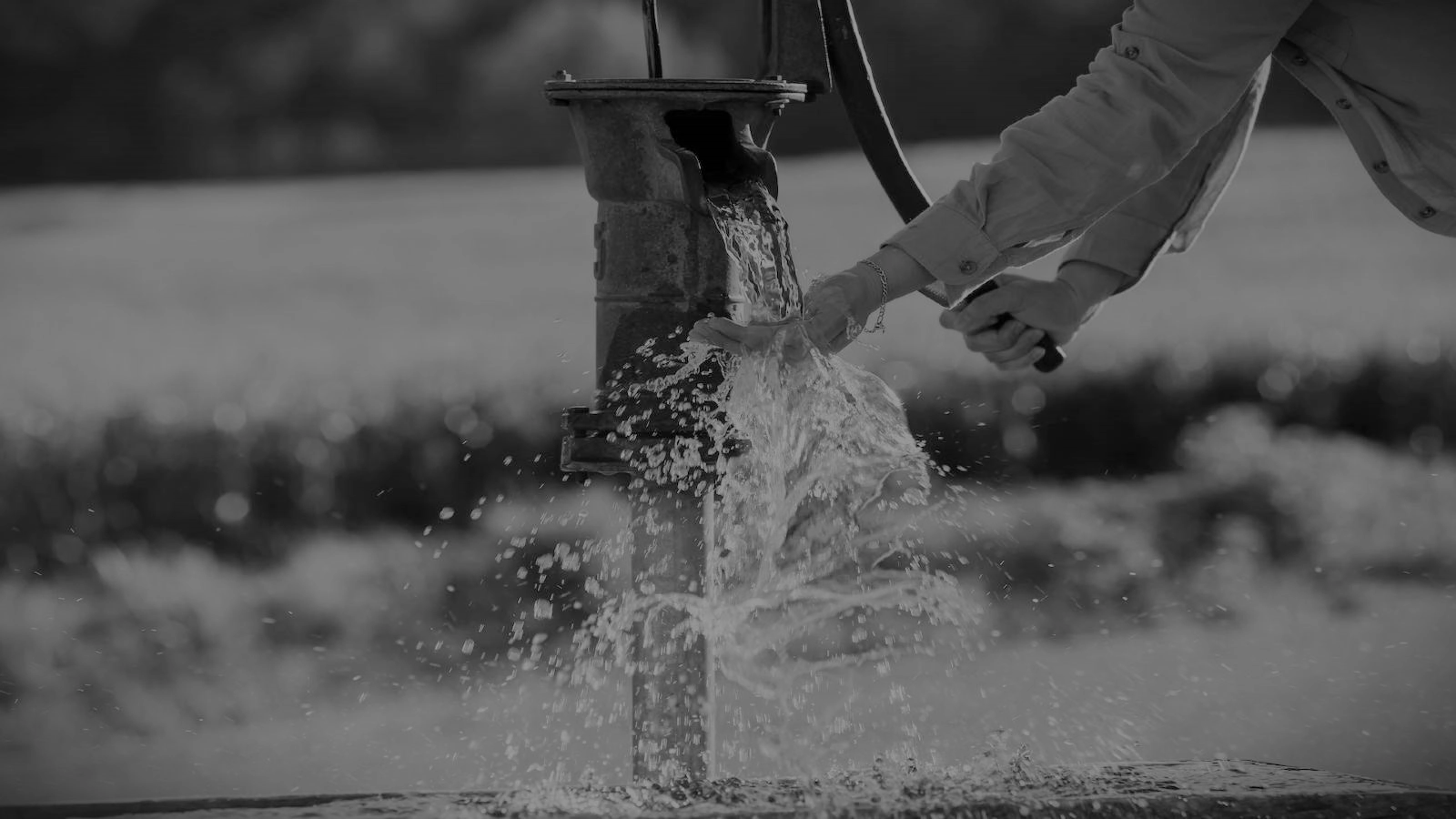

Water well drilling and the key to a sustainable future
As traditional sources of water are rapidly depleting, it is essential to explore alternative methods to meet increasing water needs. Maximizing the efficiency of using water well drilling is essential in light of the increasing water challenges we face. They offer a promising solution and they are the key for securing a sustainable future by drawing water from underground water sources. By using boreholes, we can not only reduce our dependence on surface water bodies, but also minimize the strain on existing water sources. Let's learn about the importance of drilling for water, how to maximize water efficiency and why drilling can contribute to a more sustainable future. From the benefits they offer to the various applications they can serve, we'll look at the potential of water wells to revolutionize water management and help us meet the challenges of an increasingly water-stressed world.
Main ethaps for drilling and geological surveys
- Conclusion of a contract for groundwater survey and performance of the service
- Determination of drilling depth
- Detection of drilling points
- Geological survey report
- Terrain specifics overview
- Determining the type of drilling equipment
- Setting in the implementation schedule
- Conclusion of a contract for drilling and execution of the service
The advantages of water wells drilling
Using water wells offers numerous advantages that make them a preferred choice. Here are some of them:
- Independence from surface water sources: Water well drilling can deliver water even during periods of low water reserves or when surface water sources have dried up.
- Less water loss: Water boreholes offer the possibility of local water supply, even to regions far from major water systems or in crisis situations where water needs to be delivered to specific locations.
- Increased reliability: Water boreholes provide a reliable and year-round water supply, regardless of external factors such as weather or seasonal changes. They are not concerned with problems such as water stoppages or watering time restrictions.
- Better water quality: The water delivered by the probes is of better quality as it is not exposed to pollution. This is important for applications requiring high water quality such as water parks, aquariums and especially for drinking water.
- Less energy to deliver water: Probes require less energy to deliver water compared to other methods. This makes them more energy efficient and helps reduce environmental impact and carbon footprint.

Factors before implementing a drilling system
Before constructing a drilling system, some basic steps must be taken into account to ensure that the project will be successful and sustainable in the long term. One of the important factors is to carry out geological surveys to detect aquifers and determine a suitable location for drilling. Geoengineers must analyze the geological and hydrographic conditions of the terrain to determine the most suitable points for water well drilling. In addition, a geological survey of the underground water resources and the different types of soil and geological formations must be carried out, which can have an impact on the depth and also on the productivity of the well. Another factor to consider is the permitting process for the construction and operation of the well. Different countries and regions have different rules and regulations for issuing permits for the construction and operation of a drilling system. Engineers and investors should familiarize themselves with these rules and follow them to ensure the legal and safe use of wells.
